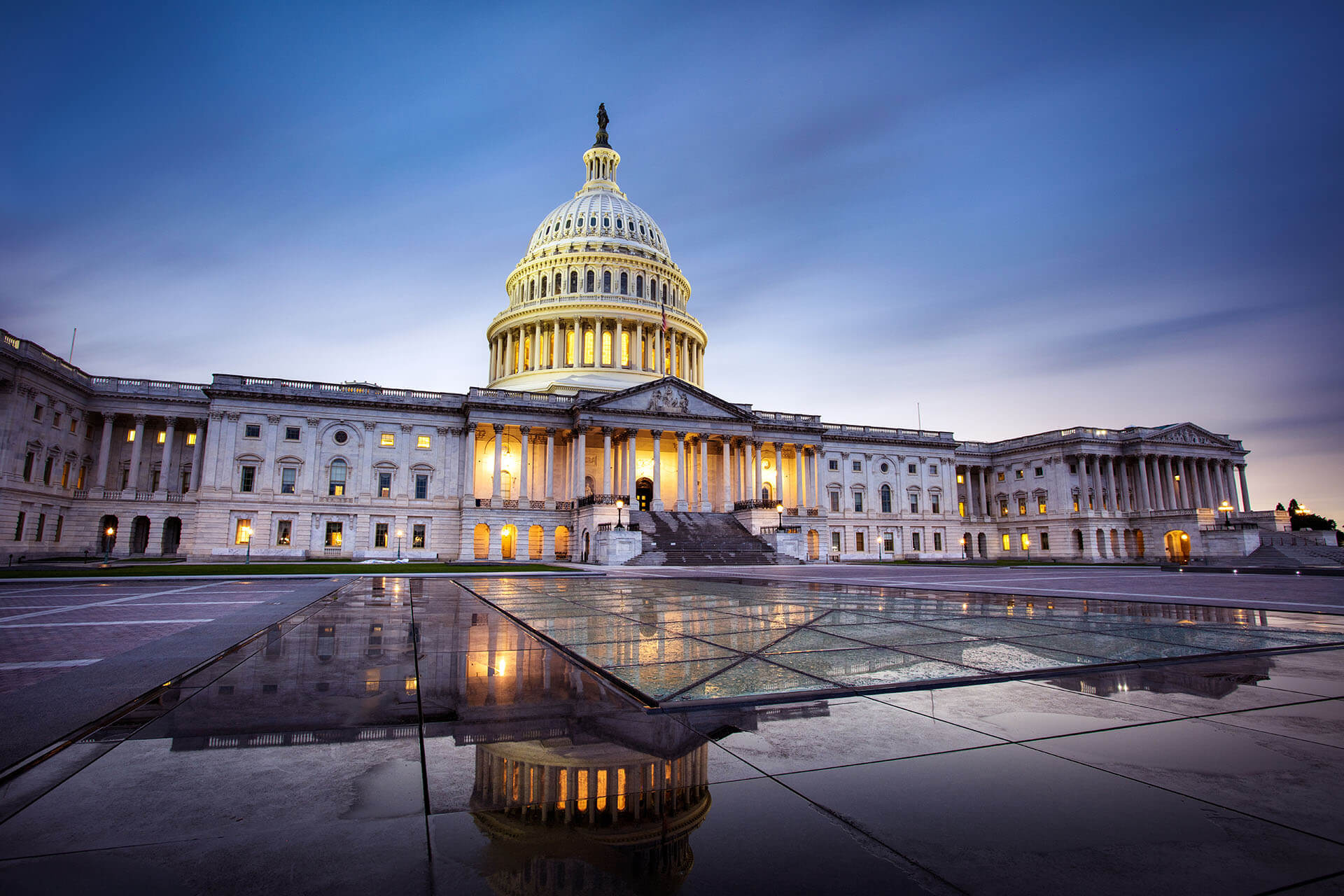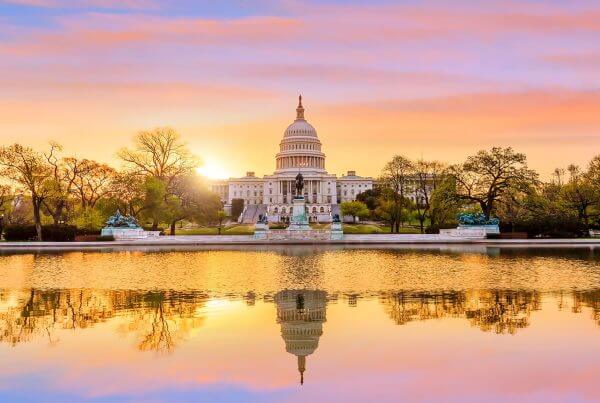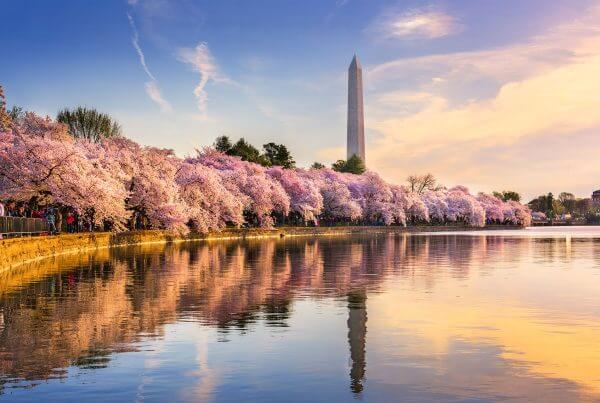Key Points
- President Trump issued executive orders on January 20, 2025, focusing on border security, asylum policies, and birthright citizenship.
- Key measures include ceasing “CBP One,” terminating specific parole programs, and expanding border enforcement.
- A new executive order challenges birthright citizenship for children born to non-US citizen parents under specific circumstances.
- Enhanced screening and vetting measures for visas and immigration benefits are expected in the coming months.
President Trump’s First Set of Executive Orders Impacting Immigration
On January 20, 2025, newly inaugurated President Trump issued several executive orders focusing on immigration. Key aspects of the Trump administration’s efforts, termed “Secure Our Borders” and “Protect the Meaning and Value of American Citizenship,” include:
Immigration-Related Executive Actions
- Immediate cessation of the “CBP One” application that allowed individuals seeking asylum to request an appointment for an interview digitally.
- Termination of programs that allow Cubans, Haitians, Nicaraguans, and Venezuelans to seek parole into the US based on humanitarian reasons.
- The continuation of the physical wall and other barriers will be enforced by an increased force of immigration and law enforcement officers, supported by adequate technology.
- Detention measures will be enforced to the fullest extent of the law for any foreign national violating immigration laws.
- This includes ending the practice known as “catch-and-release,” which will no longer allow foreign nationals to be released into the US.
- Focus on Migrant Protection Protocols that return foreign nationals pending removal proceedings to the country of origin.
- Enlist the international community’s cooperation to facilitate agreements to cease the migration of foreign nationals into the US.
- The DNA Fingerprint Act of 2005 will create a DNA database. All detained foreign nationals will be subject to DNA collection using available technologies and procedures to determine the validity of any claimed familial relationships between individuals encountered or apprehended by the Department of Homeland Security.
- Prioritization of prosecution of offenses that involve human smuggling, human trafficking, child trafficking, and sex trafficking in the US
Birthright Citizenship
The executive order “Protect the Meaning and Value of American Citizenship” specifically targets birthright citizenship, as outlined by the 14th Amendment to the US Constitution, which states that “a person born in the United States, and subject to the jurisdiction thereof,” is deemed a US citizen. This order seeks to deny this right for individuals born 30 days or more after January 20, 2025, who meet the following criteria:
- When that person’s mother was unlawfully present in the United States, and the father was not a US citizen or lawful permanent resident at the time of said person’s birth, or
- When that person’s mother’s presence in the US at the time of said person’s birth was lawful but temporary (such as, but not limited to, visiting the US under the auspices of the Visa Waiver Program or visiting on a student, work, or tourist visa). The father was not a US citizen or lawful permanent resident at the time of said person’s birth.
Examining Executive Order on Birthright Citizenship
In practice, the order means that as of February 19, 2025, children born in the US to parents in employment-based nonimmigrant status (e.g., H-1B, TN, L-1, O-1, etc.) could be refused US passports or other documents recognizing their US citizenship. The order has already been challenged in court, and further legal challenges are expected.
Still to Come
The executive order “Protecting the US from Foreign Terrorists and Other National Security and Public Safety Threats” instructs government agencies to recommend enhanced screening and vetting measures for visas and other immigration benefits. Over the next 60 days, additional announcements regarding these enhanced security measures and entry restrictions are expected. Agencies are instructed to:
- Identify countries for which vetting and screening are deficient.
- Identify how many nationals from those countries have entered or have been admitted into the US.
- Evaluate all existing regulations, policies, and procedures regarding inadmissibility and all visa programs to enhance US security and interests.
These measures will likely lead to enhanced scrutiny of visa applications, a higher rate of visa refusals, and extended administrative processing times.
Looking Ahead
For Asylum Seekers and Immigrants:
- Monitor Policy Changes: Stay informed about updates to asylum processes and entry restrictions.
- Prepare for Legal Challenges: Individuals potentially affected by birthright citizenship changes should seek legal advice and documentation support.
For Employers and Immigration Professionals:
- Understand New Requirements: Employers hiring foreign nationals must stay updated on visa vetting and screening measures.
- Advocate for Employees: Provide guidance and legal resources to employees impacted by these executive orders.
President Trump’s executive orders represent a pivotal moment in US immigration policy. These measures emphasize national security and controlled migration while raising significant legal and ethical debates.
Sources: US White House, Corporate Immigration Partners, PC, and Envoy Global
Content in this publication is for informational purposes only and not intended as legal advice, nor should it be relied on as such. If you want guidance on how this information may impact your particular situation and are a client of the Corporate Immigration Partners, PC, consult your attorney. If you are not a CIP client, consult another qualified professional. This website does not create an attorney-client relationship with CIP.






